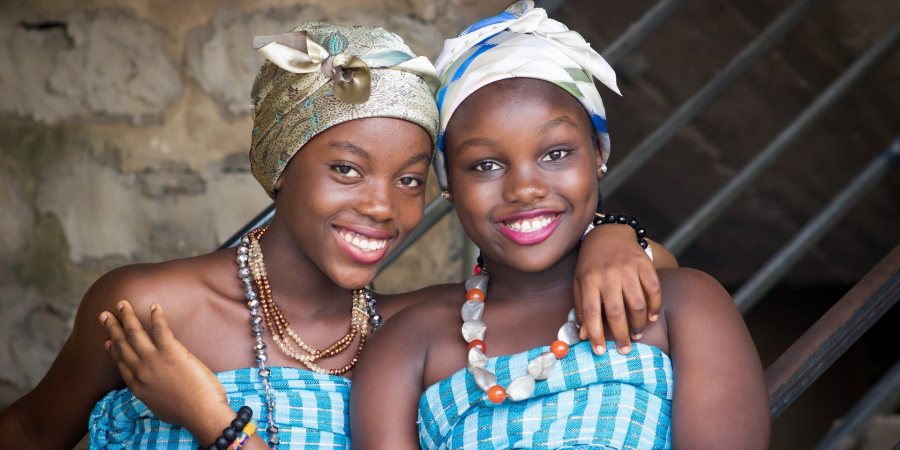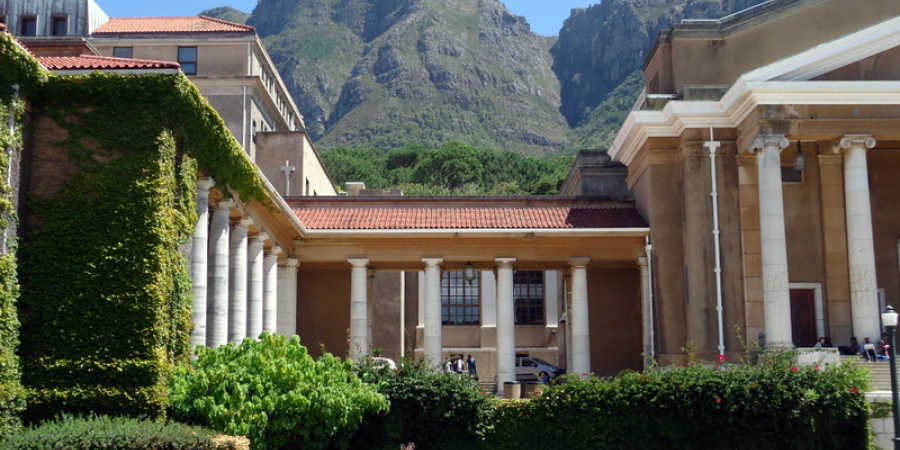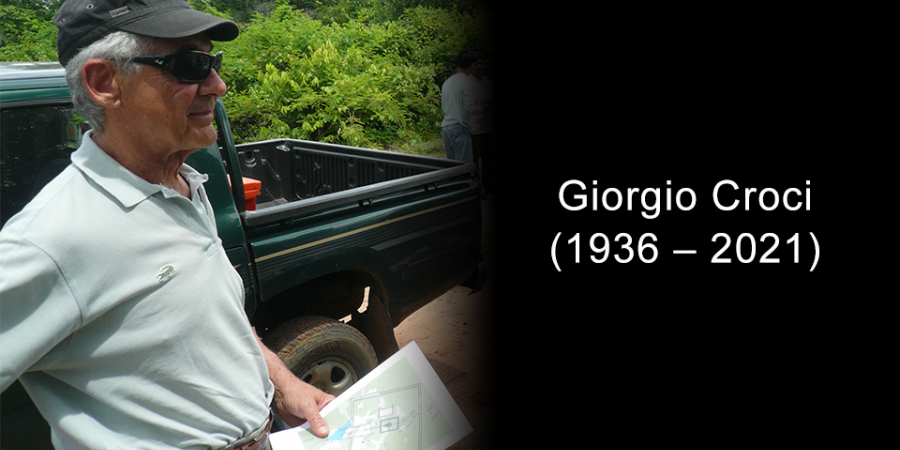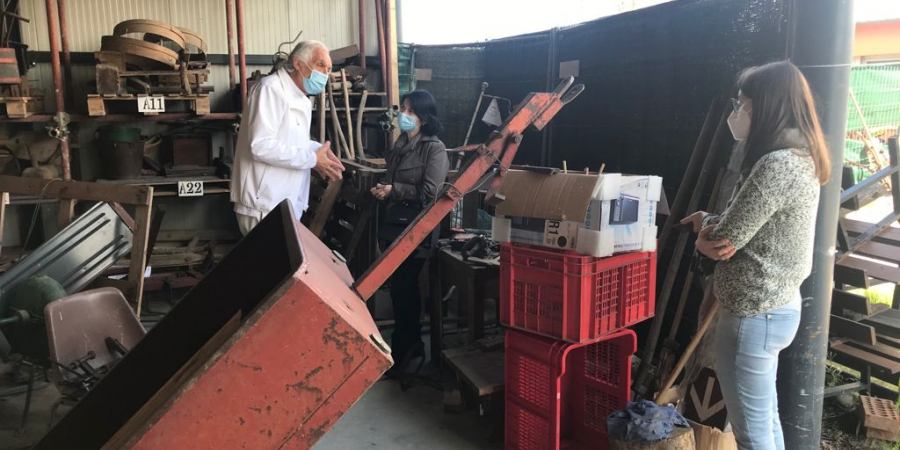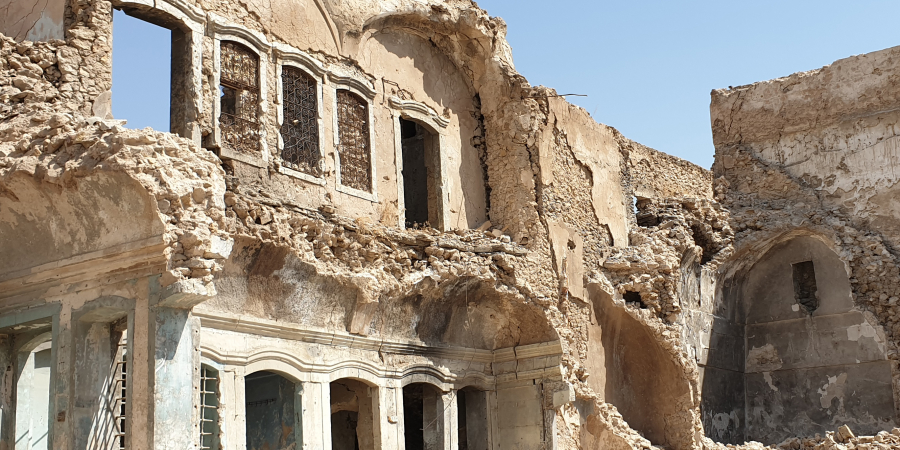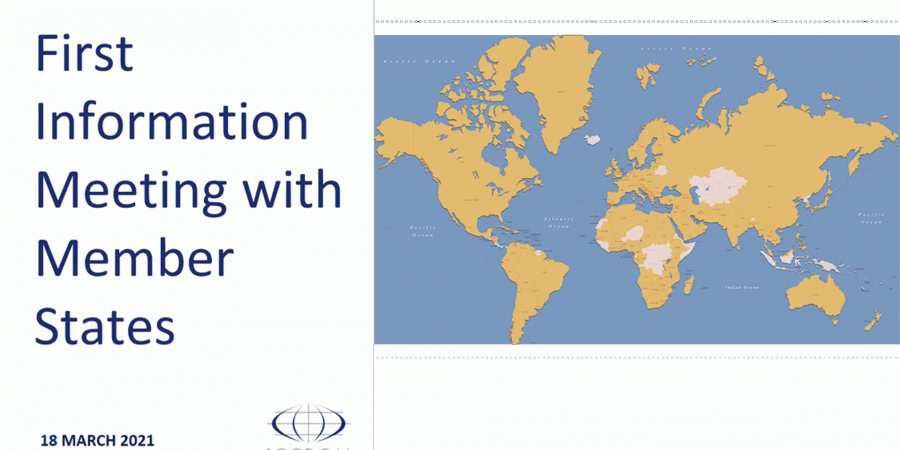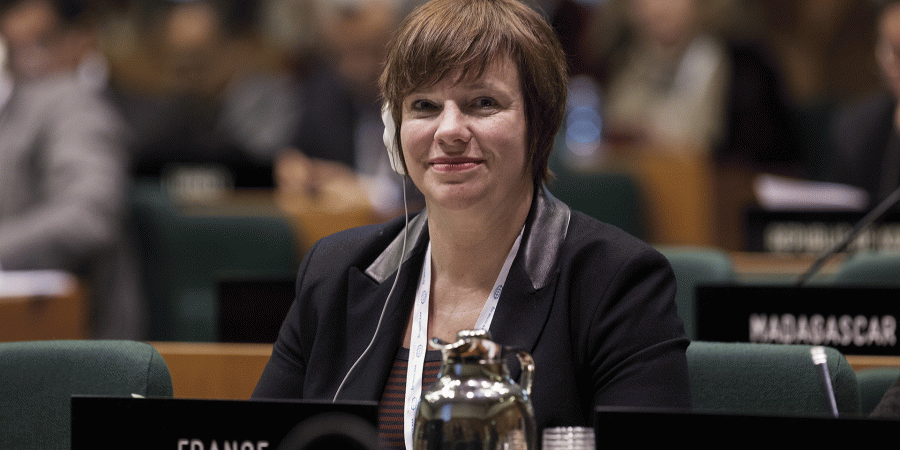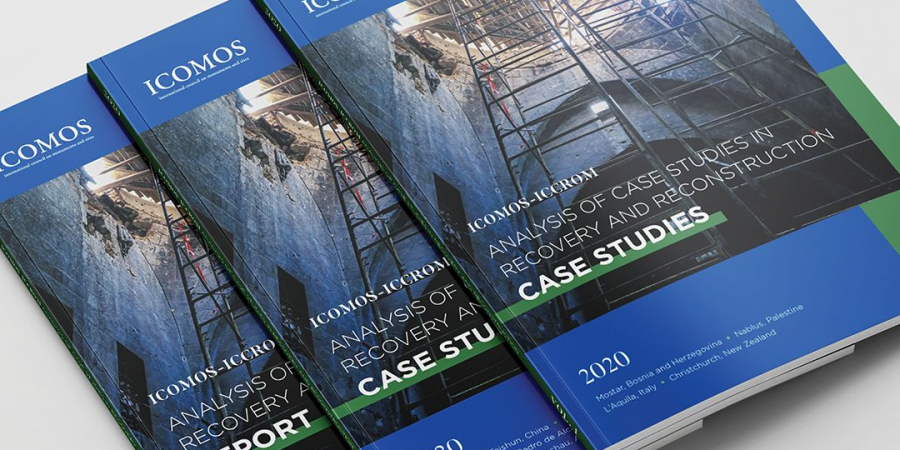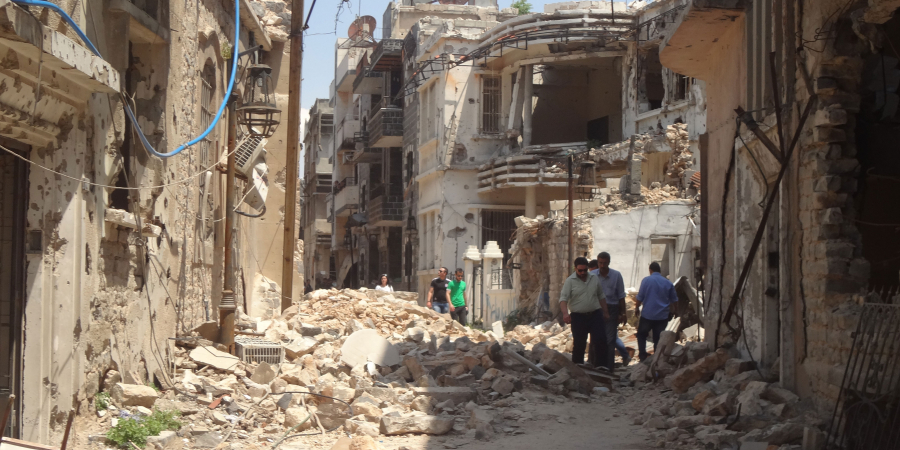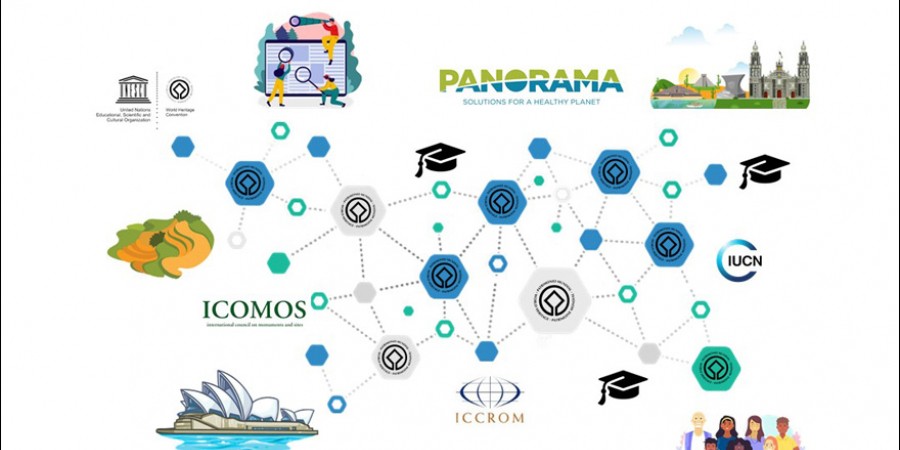
Call for Research-Practice Teams! Heritage Place Lab Pilot Phase
Within the ICCROM-IUCN World Heritage Leadership Programme (WHL), the module on Learning Networks promotes activities oriented to connect people and heritage places through peer learning, advancing people-centered and place-based approaches. By linking practitioners, institutions, communities and World Heritage places, networks between natural and cultural heritage, research, practice and policy...

